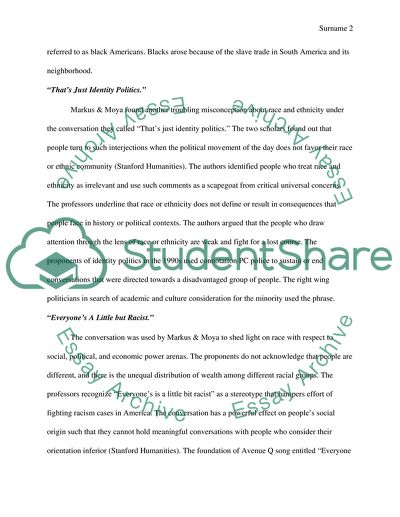Assignment Example | Topics and Well Written Essays - 1000 words - 60. Retrieved from https://studentshare.org/philosophy/1679079-assignment
Assignment Example | Topics and Well Written Essays - 1000 Words - 60. https://studentshare.org/philosophy/1679079-assignment.


